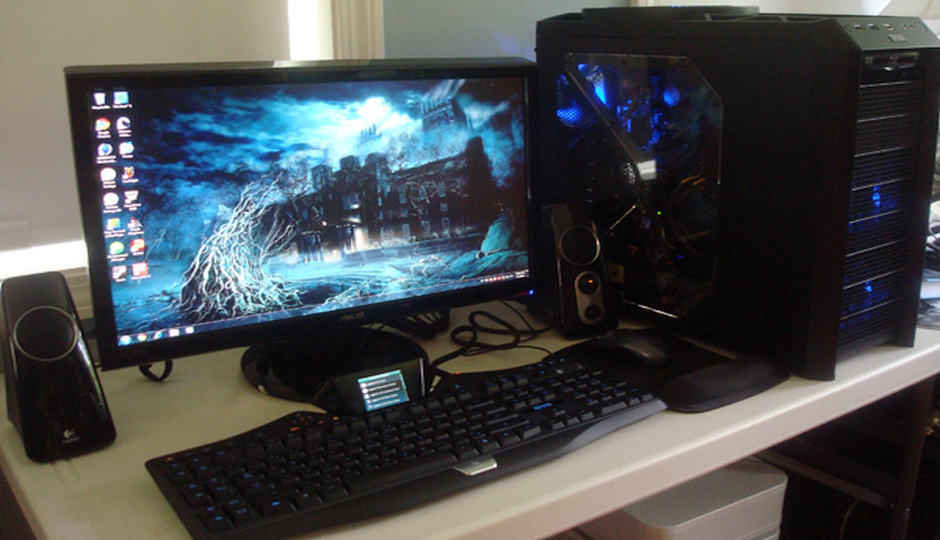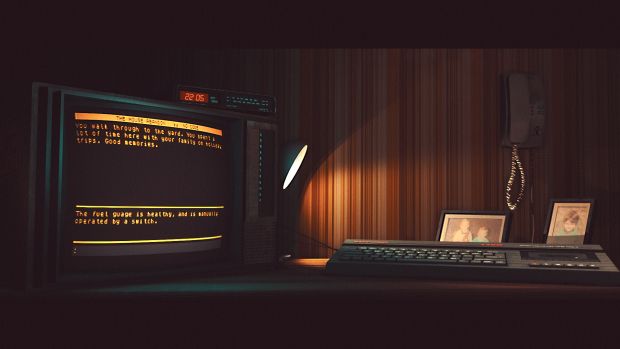

Play for a few minutes and you won't notice much difference from the original game, aside from graphics that elevate their stylized figures into nigh-photorealistic grotesques.

Dan Dawkinsĭishonored 2 is about taking systematic revenge on a conspiracy of nobles (again), but the real fun is in all the systemic shenanigans you can pull off along the way. The natural, warm dialogue and scenery are sufficient reward for your investment, which feels like a lesson in itself. Fittingly, Campo Santo's rambling tale blazed a trail for two emerging trends: the rise of III games (the blurring of Indie and AAA games) and by recognising the medium's ageing audience, the late 30s to 40s folk weaned on 8-bit sprites, whose tastes are now more sophisticated. Firewatch is a mature game in the truest sense by subverting your own narrow expertise of How Video Games Work, and by lovingly questioning their value. Life is anything but: complex, unfair, chaotic… and the only ‘win' conditions exist in our mind.

Video games are narrow, predictable systems, with achievable win states. At one stage *mild spoilers*, it threatens to become a sci-fi detective mystery… before mundanely dashing your expectations to make a powerful point. Firewatch's grand deception is that it isn't interested in your choices at all: subverting your expectations of the multiple-narrative-path genre pioneered by Telltale's The Walking Dead, almost chiding you for expecting *more* for your myriad, inconsequential, choices. Campo Santo's acclaimed debut explores rambling conversations and winding paths in the Wyoming wilderness, as troubled protagonist Henry adjusts to his solitary life as a fire watch guard, with only mysterious supervisor Delilah for company on a handheld radio.


 0 kommentar(er)
0 kommentar(er)
